SUMMARY
This is AI generated summarization, which may have errors. For context, always refer to the full article.
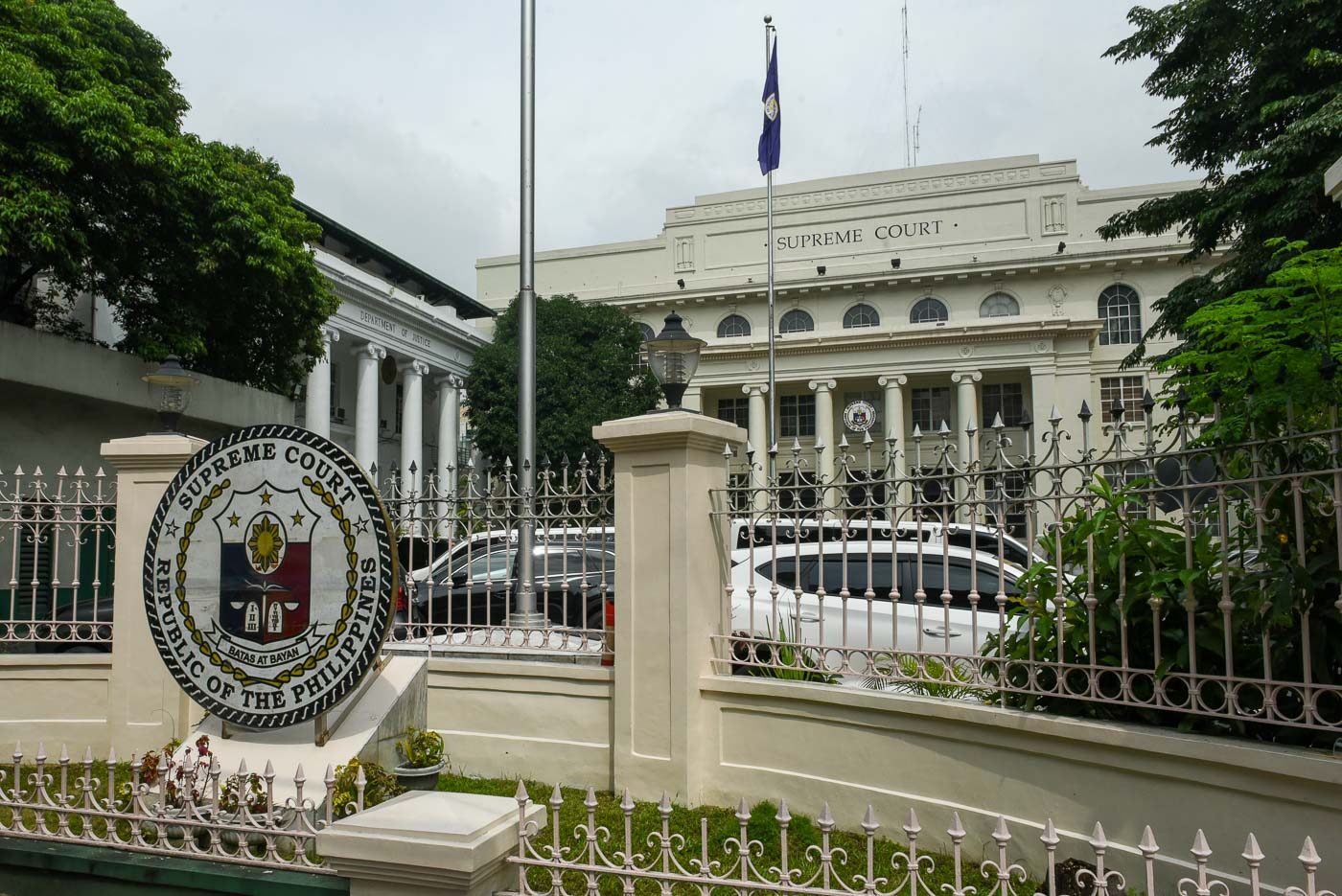
MANILA, Philippines – The Supreme Court on Tuesday, January 10, ruled that only the Philippines can supervise the exploration of its natural resources, declaring the agreement among Philippine, Vietnamese, and Chinese oil firms unconstitutional.
Voting 12-2-1, the SC en banc voided the tripartite agreement for the Joint Marine Seismic Undertaking among China National Offshore Oil Corporation, Vietnam Oil and Gas Corporation, and the Philippine National Oil Company.
“The Court ruled that the JSMU is unconstitutional for allowing wholly-owned foreign corporations to participate in the exploration of the country‟s natural resources without observing the safeguards provided in Section 2, Article XII of the 1987 Constitution,” the High Court said in a release on Tuesday.
Associate Justice Samuel Gaerlan is the ponente of the decision.
Chief Justice Alexander Gesmundo and 10 other justices concurred in the decision, while Associate Justice Amy Lazaro-Javier and Associate Justice Rodil Zalameda dissented. Meanwhile, Associate Justice Ramon Paul Hernando was on leave and did not take part in the voting.
According to the SC, the agreement involved a 142,886-square kilometer area in the South China Sea. The ruling stemmed from the petition for certiorari and prohibition filed by former Bayan Muna lawmakers Satur Ocampo, Teodoro Casiño, and other Makabayan bloc members filed on May 21, 2008.
What prompted the petitions was that 80% of the agreement area was within the Philippine 200-mile exclusive economic zone.
The agreement was signed three years earlier – on March 14, 2005. It also expired in 2008
The decision
The petitioners from Makabayan lawmakers, represented by legal counsels from the National Union of Peoples’ Lawyers, questioned the constitutionality of the agreement. In their petition, the progressive group said it violated section 2, article 12 of the 1987 Constitution, which states: “the exploration, development, and utilization of natural resources shall be under the full control and supervision of the State.”
The Makabayan lawmakers noted that the agreement was illegal because it allowed foreign corporations, wholly owned by China and Vietnam, to take part in the exploration of the country’s petroleum resources. Respondents, led by then-president Gloria Macapagal Arroyo, defended the agreement, saying that the agreement only covers pre-exploration activities and not exploration, development, and utilization of the resources.
In its ruling, the SC ruled that the agreement involves exploration of the country’s natural resources, specifically petroleum. The High Court noted that “exploration” pertains to “a search or discovery of something in both its ordinary or technical sense.”
The SC noted that the agreement was executed for the purpose of identifying whether petroleum exists in the agreed area. The High Court cited the fifth whereas clause of the agreement: “expressed desire to engage in a joint research of petroleum resource potential of a certain area of the South China Sea as a pre-exploration activity.”
“That the Parties designated the joint research as a pre- exploration activity is of no moment,” the SC said. “Such designation does not detract from the fact that the intent and aim of the agreement is to discover petroleum which is tantamount to exploration.”
Since the agreement involves the exploration of petroleum resources, if falls within the section 2, article 12 of the constitution, the SC added.
The section cited by the petitioners also stated the country can undertake activities “or it may enter into co-production, joint venture, or production-sharing agreements,” as long as 60% of the capital is owned by Filipino citizens.
DOE’s next steps
On Friday, March 17, the High Court finally publicized the full decision on the JSMU.
Department of Energy Undersecretary Alessandro Sales said in a statement on Saturday, March 18, that the energy department will study the SC ruling and its implications.
He added the DOE will also work with the Department of Justice and the Office of the Solicitor General to determine their next steps in the case. – Rappler.com
Add a comment
How does this make you feel?
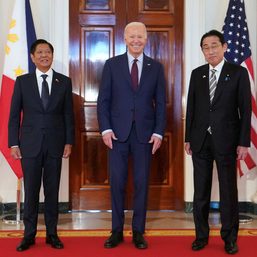
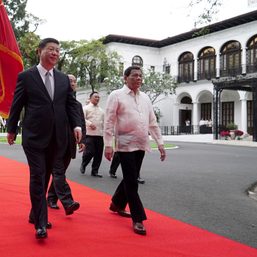
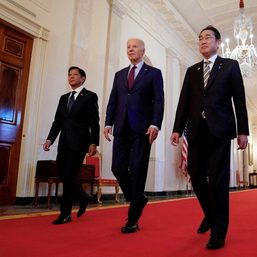










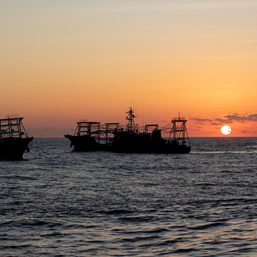

There are no comments yet. Add your comment to start the conversation.